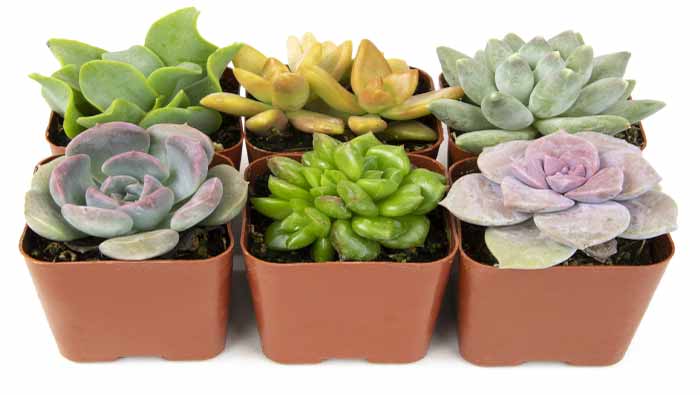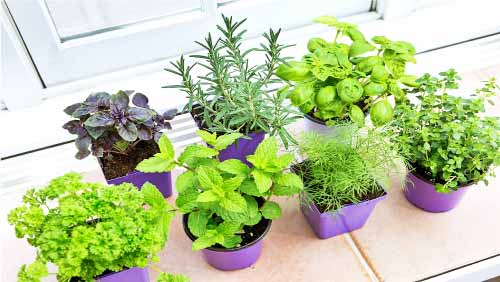Gardening at home is a great way to save money while improving your overall health. It also helps reduce the risk of dementia. Here are some ideas to get you started. First, choose the right place in your backyard. Make sure it is flat and has good drainage. It should also be close to your home. This way, you will be able to see the first signs of trouble.
Health Benefits of gardening at home
Many health benefits are associated with home gardening. It helps lower blood pressure, improves mental clarity, and can even reduce stress levels. It can also prevent colon cancer and heart disease. In addition to these benefits, gardening can help a person’s diet. Whether you choose to grow in containers or on a large scale, home gardening offers many health benefits.
Regular home gardening has been shown to lower blood pressure without the use of medication. It also reduces stress and anxiety. It’s a great way to get your heart pumping without overexerting yourself. Science Daily research shows that people over the age of 60 who work in the garden experience a 30 percent lower risk of heart attacks.
Gardening is also a great way to get some exercise. Even if you only plant a few plants, gardening will help your body burn up to 330 calories per hour. This is enough to help offset age-related weight gain. In addition, gardening helps you maintain your muscles and improves your balance.
Another health benefit of home gardening is improved brain function. Research has shown that gardening improves memory. In fact, gardening can even help protect the memory of people with dementia. In one study, people with dementia spent 20 minutes planting and raking a vegetable garden. The gardening group experienced lower levels of stress hormones and reported feeling more positive afterward.
Other benefits
While gardening can be a solo activity, it can also provide social interaction with your family. It can be a wonderful way to relax and relate to others. And gardening is great for kids too! Exposure to dirt early in life has been shown to reduce the risk of allergies and autoimmune diseases. It also increases vitamin D levels, which can improve bones and the immune system. In addition, growing your own food provides you with a more nutritious diet.
Another benefit of gardening is healthy sun exposure. Gardening helps you get adequate amounts of vitamin D, which is vital for bone health. In addition to promoting strong bones, sun exposure can also boost the immune system. It is also helpful in controlling blood sugar levels and reducing the risk of type 2 diabetes.
Reduces the risk of dementia
A new study suggests that people who engage in gardening activities have a lower risk of dementia. According to the study, gardening has been shown to improve blood flow to the brain, which improves cognitive function. In addition, gardening activities have a social component that is good for mental health. The findings were significant even after accounting for factors such as age and alcohol consumption.
In addition, gardening helps maintain cardiovascular health, strengthens muscles, and improves motor skills. In addition, gardening activities challenge the brain to think critically, develop planning skills, and learn new plants and gardening techniques. It’s also important to use proper sun protection, as direct sunlight can cause brain damage. It is also best to avoid gardening in the middle of the day.
However, more research is needed to determine how gardening benefits dementia patients. Only two studies have tested the effects of gardening on people with dementia. A wider range of design factors should be considered in such studies. Some of these factors include the types of plants and the overall design of the garden. Another factor is whether the garden is accessible to people with dementia.
In fact, these activities rank second only to regular physical activity, reducing the risk of dementia by more than half. Particularly, regular social interactions reduce the risk of dementia by 15 percent.
It helps stimulate the brain and reduce levels of the stress hormone cortisol. In addition, activity reduces stress levels in caregivers. For this reason, dementia patients should participate in gardening activities at home.
In addition, a balanced diet is very important for brain health. You can also adopt a Mediterranean-style diet, rich in fruits and vegetables.
Improve overall health with gardening at home
Home gardening can improve your health and give you a healthy exercise routine. It also allows you to be exposed to moderate sunlight, which is an excellent source of vitamin D. This vitamin is important for the immune system and influences more than 1000 genes throughout the body. It also contributes to bone health and is beneficial for preventing diabetes and heart disease. In addition, fruits and vegetables grown in the garden contribute to a nutritious diet, which can reduce the risk of heart disease and obesity.
Gardening also improves mental health. It can improve the brain’s blood circulation, which can help relieve stress. In addition, gardening puts people in touch with their community. People who gardened regularly are more likely to report feeling happier and less depressed. The American Society for Horticultural Science says gardening has a calming effect on the brain.
Whether you’re a new gardener or an experienced gardener, gardening is a great way to improve your mental health and fitness. A simple 30-minute session in the garden can burn up to 300 calories. In addition, gardening increases levels of serotonin, the ‘happiness hormone’. In addition, gardening helps you maintain order and provides a sense of purpose, especially when you are growing your own food.
Gardening is a fun way to socialize.
It encourages you to spend time outdoors and interact with other people. In addition, gardening helps you stay physically fit and boosts your immune system and heart health. It also encourages creativity, connection, and creative calm, which are vital for a healthy life. It’s also a great way to make friends and meet new people.
In addition to providing nutrition, home gardening can also reduce the risk of dementia by 36 percent. As a result of increased mental activity, gardening reduces the likelihood of developing dementia. It also encourages teamwork, which strengthens your social bonds. Whether you gardening alone or with others, home gardening will help you create new friendships and strengthen your support system.
Save money with gardening at home
There are many ways to save money by gardening at home. One way is by exchanging products with neighbors. You can exchange fruits and vegetables in exchange for other products. The idea has also permeated among companies. For example, a shortage of limes caused a restaurant to give away snacks in exchange for free limes from neighbors’ trees. Other ways to save money include renting your garden for garden parties or listing it for short-term rentals on sites like Airbnb.
Gardening is a relaxing pastime and is good for your health. If you eat organic produce from your garden, you won’t have to pay high prices at the supermarket. And the yield will be greater than the product you buy.
This way, you’ll get the best value for your money!
While you don’t need a large yard to grow your own produce, you’ll still need plenty of maintenance and watering. In addition to watering, you also need to fertilize and cover your plants with mulch. In addition, some plants require additional support such as trellises, cages or cuttings. Buying a trellis or fence can add hundreds of dollars to your landscaping expenses. However, you can create a homemade version of these garden support structures for next to nothing.
Whether you plan to grow vegetables or herbs, growing your own vegetables at home can help you save money and eat healthier. While you may need to invest a few hundred dollars in setting up a garden, it can be done for less than $200. It can also be a great way to attract people who love gardening. In addition to saving money, growing your own vegetables can also help you save money on purchase bills. Some studies have shown that the average family can save up to $600 per year in food costs. And if you eat home-grown vegetables, the taste will be much better than the ones you buy at the supermarket.
When planning a garden, select vegetables that you enjoy and that you will preserve. There is no point in planting a vegetable garden that you do not like. Choose vegetables that have a long shelf life and can be canned or frozen. Some of the most popular and expensive vegetables you can grow are beans, tomatoes, cucumbers, chard, and beets.
Recommended Products


